Intercultural Communication and Collaboration
Onsite 2-day Workshop at The University For Peace, a United Nations-established Institution
July – August 2025, dates TBD.
Intercultural Communication and Collaboration
Onsite 2-day Workshop at The University For Peace, a United Nations-established Institution
July 12-13, 2024, 9 am – 4.30 pm each day
“We have the ability to achieve, if we master the necessary goodwill, a common global society blessed with a shared culture of peace that is nourished by the ethnic, national and local diversities that enrich our lives.” – Mahnaz Afkhami
“We have the ability to achieve, if we master the necessary goodwill, a common global society blessed with a shared culture of peace that is nourished by the ethnic, national and local diversities that enrich our lives.” – Mahnaz Afkhami

Today we live in a globalized world, surrounded by complex situations that require effective intercultural communication.
In this workshop, participants will learn to question the assumptions we make, identify attitudes and aptitudes that foster collaboration, and learn how to apply these skills to create a culture of positive communication and collaboration.
Who should take this course?
This course is for anyone who wants to build strong personal and professional relationships, as well as:
o Individuals who want to develop their communication skills
o Individuals who want to deepen their understanding of intercultural communication
o Professionals who work in international organizations or with multicultural environments
o Professionals on multidisciplinary teams
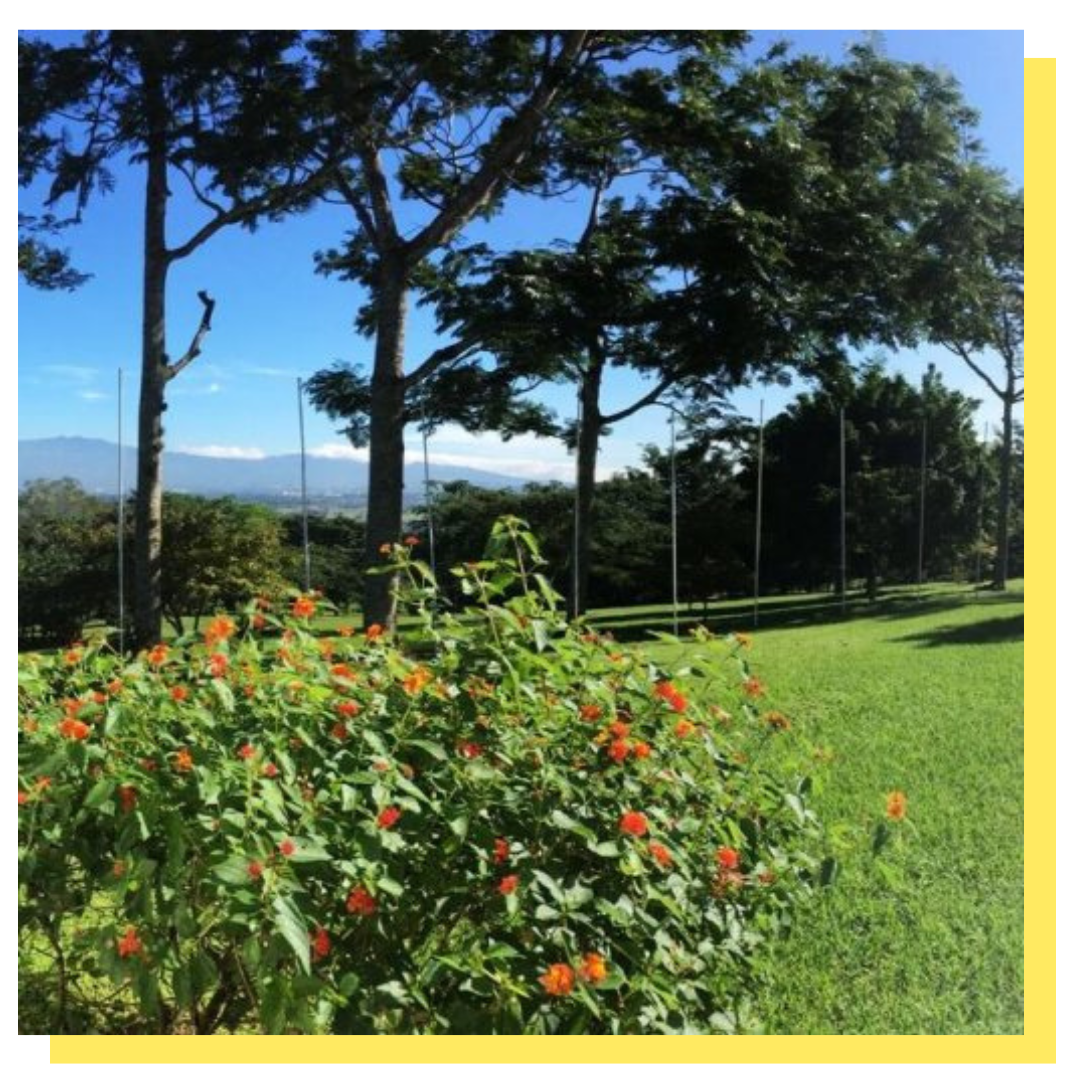
ONSITE FORMAT
The course is designed to be a practical and hands-on workshop, allowing space for sharing and peer-to-peer learning. Spanning two full days on campus, we'll cover a variety of introspective activities, theory, and small group application.
WE'LL COVER:
1. The role of cross-cultural communication
2. How to identify ethnocentric attitudes
3. Listening skills and techniques
4. The impact of verbal and non-verbal communication
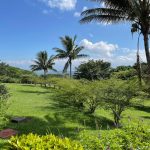
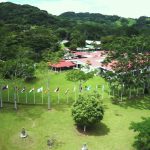
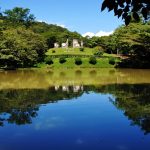
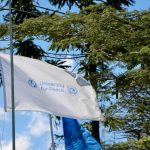
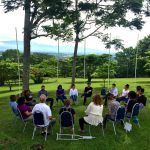
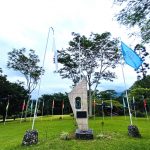
What to expect: course skills and benefits
Flip the circles to learn more!
Communication Tools
Explore the impact of verbal and nonverbal communication on teambuilding.
Identify
Identify ethnocentric attitudes and the role of culture and cultural values at work.
Communication Model
Use a communication model to build relationships, collaboration, and communication skills.
Listening Skills
Develop empathetic listening skills for improved intercultural communication.
Feedback
Get personalized feedback from your instructor to apply what you’re learning in your own life.
Certificate
Get a certificate from the Centre for Executive Education at the University for Peace, established by the United Nations.
Dynamic Learning
Expect an engaging, dynamic experience that replicates the interaction of face-to-face sessions.
Network
Network with a group of international leaders across all sectors during the workshop and beyond.
Communication Tools
Explore the impact of verbal and nonverbal communication in co-worker teambuilding.
Identification Techniques
Identify ethnocentric attitudes and the role of culture and cultural values at work.
Communication Model
Use a communication model to build relationships, collaboration, and communication skills.
Listening Skills
Develop skills in empathetic listening for improved intercultural communication.
Feedback
Get personalized feedback from your instructor to apply what you’re learning in your own life.
Certificate
Get a certificate from the Centre for Executive Education at the University for Peace, established by the United Nations.
Dynamic Learning
Expect an engaging, dynamic experience that replicates the interaction of face-to-face sessions.
Network
Network with a group of international leaders across all sectors during the workshop and beyond.
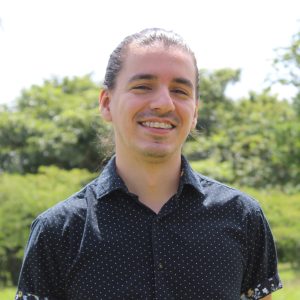
Anthony Marten is a Program Manager for Diplomas and Open Enrollment with the UPEACE Centre for Executive Education. He holds a BA in Social Communications from the University of Costa Rica, with a particular interest in gender equity, LGBTIQ+ rights, and youth empowerment. He has previously worked as a Communications Officer in a regional sustainable coffee and cocoa program, managing communications and learning processes across diverse sectors and stakeholders.
Anthony was born in Minnesota, USA, but has lived in Costa Rica since he was 13. He was recently elected as a UN Youth representative, participating in UN Country Team meetings. He is also a board member of Bean Voyage, a women-powered coffee NGO, which operates in Costa Rica and Mexico; and is a local coach for Stanford’s Design for Extreme Affordability course.
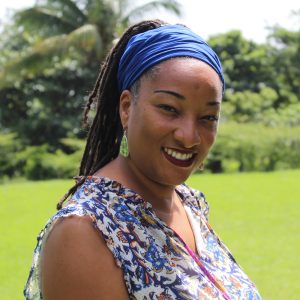
Rey Sirakavit is a vision-driven leader with over 20 years of experience in education. As a professor, principal, and a trainer for the Anti-Defamation League, she has trained hundreds of educators. She firmly believes that the purpose of education is to prepare, equip, and engage learners to be leaders and positive changemakers in their families, communities, nation, and world. In her many roles as a school leader and teacher trainer, she has persistently helped teachers shift to a more student-centered approach, by providing values-based coaching and data-informed training.
In her role as Program Manager at the UPEACE Centre for Executive Education, Rey will oversee university-group study abroad programs, open-enrollment professional development programs, gap year program partnerships.
This 2-day workshop will take place in July - August 2025, dates TBD.
$895 tuition rate. Certificate awarded upon completion by the Centre for Executive Education at the University for Peace, established by the General Assembly of the United Nations.
Enroll with someone else and each will receive a 10% discount.
Have a question? Contact us at centre@upeace.org , or visit our Frequently Asked Questions section.

